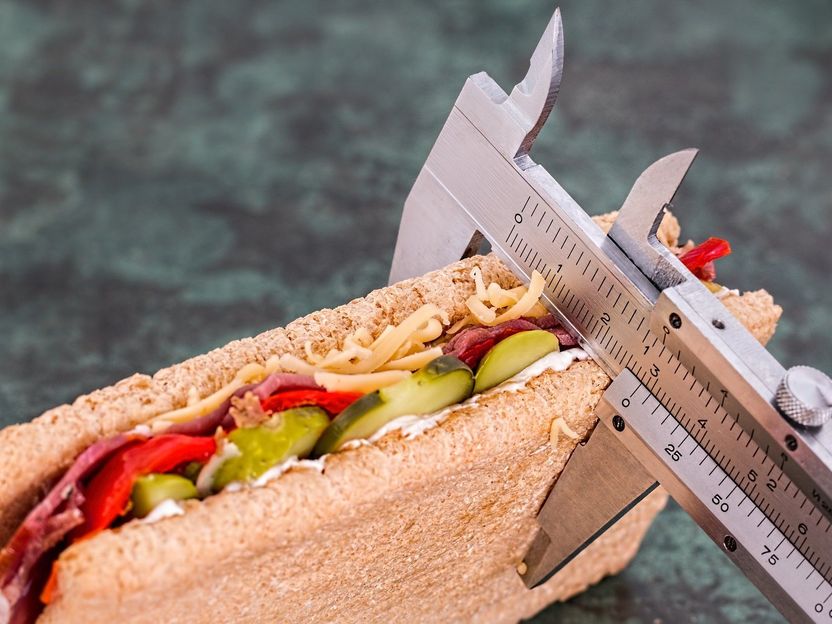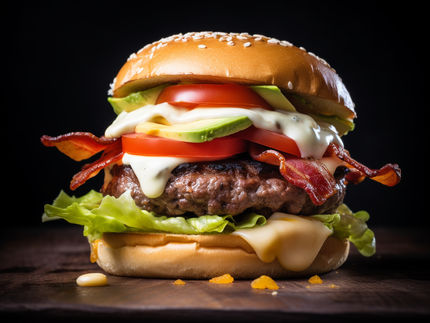Just the taste of fat can make you feel full without eating
Advertisement
New Deakin research has found a possible appetite suppression dynamic for some overweight Australians, with results showing the taste of fat within a food can make some of us feel full without needing to swallow.

stevepb/ Pixabay
Dr Andrew Costanzo, from Deakin's Centre for Advanced Sensory Science, led a team that tested a mouth wash containing a large amount of fatty acid - a component of fat naturally found in food - to see if it could mimic fat taste to help people better recognise when to stop eating.
Fat taste, sometimes called the "sixth taste", is the ability to taste fatty acids. Despite how the name sounds, this taste may help you self-regulate how much fatty food you eat.
Tasting fatty acid may make you feel fuller and want to eat less, and ultimately help those who are overweight.
"We’ve always known that eating fatty foods will make us feel full. Our study suggests the taste of fat alone may also contribute to the feeling of fullness, without having to swallow the food", Dr Costanzo said.
"This may be a promising treatment for appetite control and weight management in the future, but more clinical trials are needed, particularly in people with obesity. For now, this study shows that the more we 'taste' our foods, the fuller it makes us feel."
In their study, A Fatty Acid Mouth Rinse Decreases Self‐Reported Hunger and Increases Self‐Reported Fullness in Healthy Australian Adults: A Randomized Cross‐Over Trial, published in Nutrients, the team of researchers assessed hunger levels of participants aged 18 to 50 years after rinsing their mouths with the fatty acid mouth wash.
On four separate days, participants were given either the fatty acid mouth wash or a placebo mouth wash after eating a low-fat breakfast. Most participants reported feeling fuller after the fatty acid mouth wash compared to the placebo mouth wash.
However, not all people are equally good at tasting fat. Those with a lower sensitivity to fat taste were less affected by the filling properties of the mouth wash.
"We need to do more research to improve the effectiveness of the mouth wash in all individuals before it can be used as an actual appetite suppressant," Dr Costanzo said.
"For anyone trying to reduce the amount of food they eat, we recommend eating slower and chewing foods for longer to get the most out of your taste buds which should make you feel fuller, and therefore eat less."
The Deakin research team also comprised Professor Russell Keast, Dr Georgie Russell and Simone Lewin all from Deakin's School of Exercise and Nutrition Science.































































